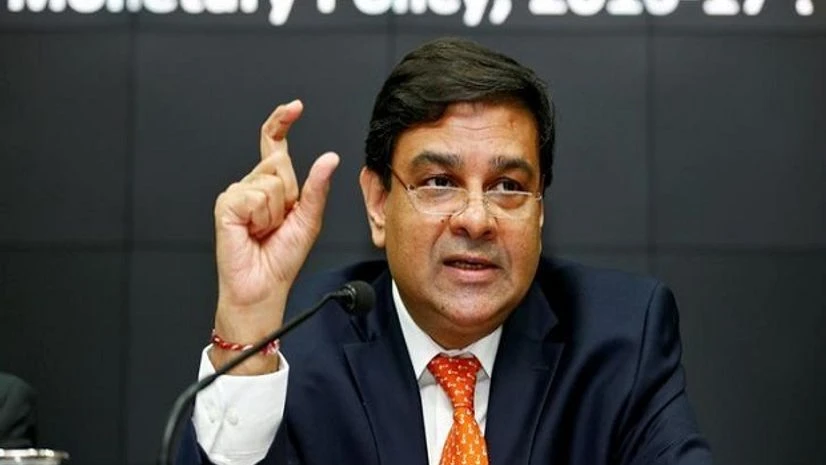None of the six members of the Monetary Policy Committee (MPC), which met on October 3 and 4 and decided to lower the repo rate, apparently, made any interventions to present a counter argument to the views of the other members. The Reserve Bank of India’s (RBI’s) reply to an RTI application filed by Business Standard seems to suggest so.
On the specific question of interventions made by each of the six members of the MPC, the RBI pointed to a press release that came two weeks after the MPC meeting. The release contained the statements made by each of the members but no gave information on interventions made by any of them while the other members presented their argument on lowering the repo rate from 6.5% to 6.25%.
On October 3, the meeting had started at 11 am and concluded at 6 pm. The next day, the committee met for two hours from noon until 2 pm. It was during these nine hours of deliberations – spread over two days – that the MPC unanimously decided to reduce the repo rate, in effect reducing the savings rate on bank deposits of millions of Indians along with borrowing rates on various loans.
The RBI’s reply seems to indicate that all the members of the MPC came with pre-written statements that were read out one after the other while voting to reduce the benchmark rate. The minutes of the meeting given by the RBI had no reference to counter-arguments made by any of them.
The members of the MPC – Chetan Ghate, Pami Dua, Ravindra Dholakia, Micheal Debabrata Patra, Rama Subramanium Gandhi and Urjit Patel – took turns to explain their stance. All of them made the same arguments and voted the same way. The crux of all their arguments were the same – the repo rate should be lowered because people of India were expecting low inflation in the future and the economy was in the need of a revival. The statements of the members were capped by concluding statements by RBI governor Urjit Patel, who admitted that upside risks to inflation persisted in the economy but companies did not have the power to dictate prices to consumers.
If it is indeed true that there were no interventions or counter-arguments by any of the members as suggested in RBI’s reply, it indicates that the present MPC might exactly be what the government wanted from the new RBI governor Urjit Patel. The government had been uncomfortable with the contrarian views of former governor Raghuram Rajan. It is well known that Rajan had opposed lowering interest rates, even as Finance Minister Arun Jaitley was quite vocal about the need to do so.
The minutes of the meeting of a public body in India record interventions and counter arguments, so that the public knows the thought process of the members taking those decisions. This should have been especially mandatory for the MPC, whose decision on interest rates impacts the household savings and purchasing power of millions of Indians.

)
